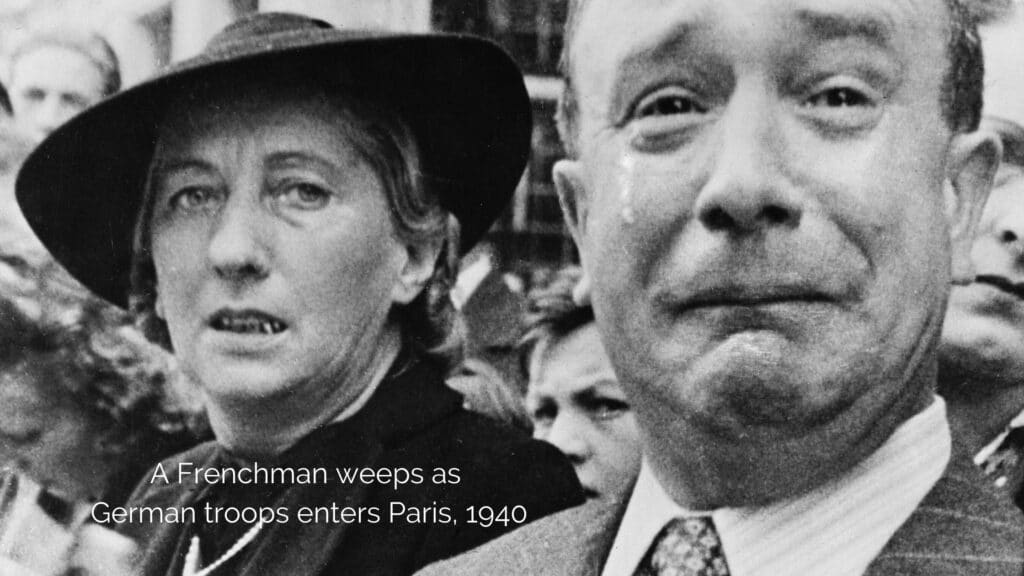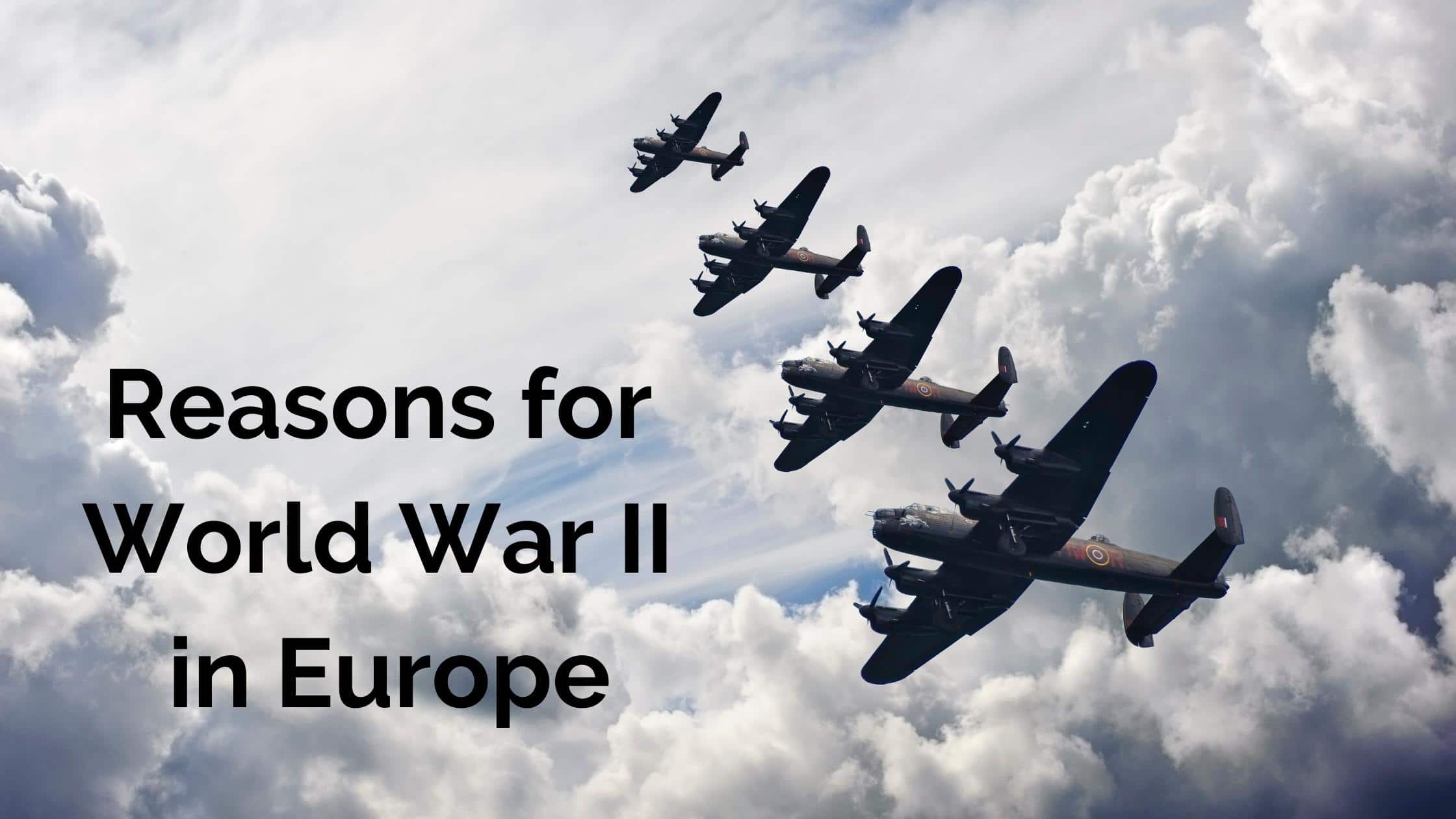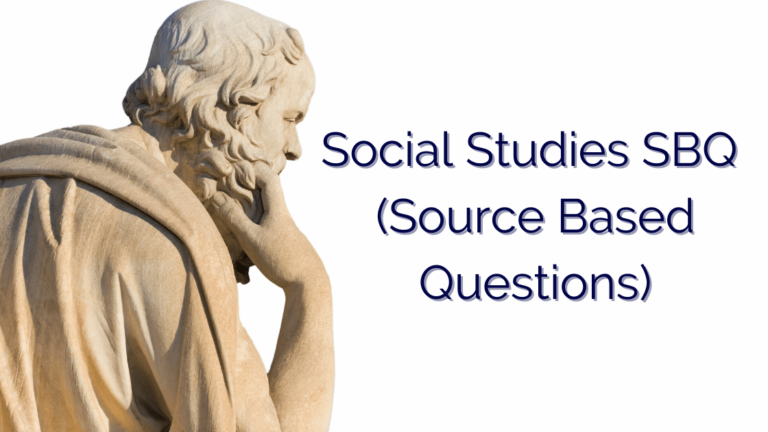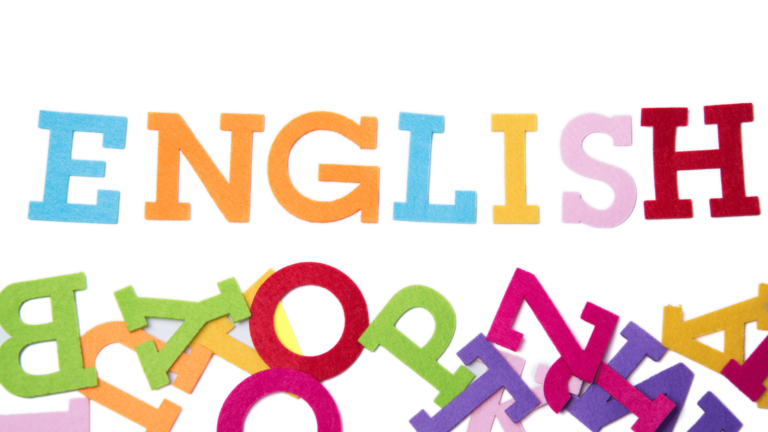Reasons for World War 2 in Europe: 5 SEQ Samples
The reasons for World War 2 in Europe is an important topic in ‘O’ Level History. The reasons are not simple and are related closely to how Germany was treated at the end of World War 1. You can download the pdf below.
Just like the previous samples, the sample essays are meant for students to understand how to answer questions if a similar SEQ come out. The five questions are as follows:
1. Explain why Hitler adopted an aggressive foreign policy for Germany in the 1930s.
(P) Hitler adopted an aggressive foreign policy for Germany in the 1930s because he wanted to restore German pride and strength.
(E) The Treaty of Versailles humiliated Germany. They had lost many of their lands and people. The loss was unacceptable as Germany had always been a powerful country, and the Germans felt that they needed to regain their national pride and honour.
(E) Thus, Hitler carried out a massive rearmament programme to build up Germany’s defences. From 1933 to 1934, he stepped up their secret rearmament and conscription programme by introducing compulsory conscription. By March 1935, Germany possessed a 2500-plane Air Force and a 300 000 strong army.
(L) Hence, by rearming Germany, Germany would become strong again.
(P) Hitler also adopted an aggressive foreign policy for Germany in the 1930s because he wanted to obtain Lebensraum or Living Space for the German people.
(E) He wanted to conquer territories in Eastern Europe and the Soviet Union to facilitate German expansion and provide living space for the German people. The addition of regions will also enable him to unite all ethnic Germans living in Austria, Czechoslovakia and Poland, thus establishing the superiority of the German race. Conquering all these territories will establish a Greater Germany, making Germany a strong power in Europe.
(E) Thus, he eventually invaded Czechoslovakia despite the initial agreement not to do so. After this invasion, Hitler continued to look for land to expand Living Space which led to his eventual invasion of Poland.
(L) Hence, he embarked on an aggressive foreign policy.
2. Explain why the policy of appeasement led to the outbreak of war in Europe.
(P) The British policy of appeasement also laid a foundation that led to WWII in 1939.
(E) British and France had hoped that Hitler would be satisfied and stop his advances by giving in to Hitler’s demands. However, thinking that they could negotiate with Hitler to keep peace in Europe, the British and French prime ministers did nothing when Hitler strategically flouted clause after clause of the TOV between 1935 and 1938, namely, reintroduction of conscription, remilitarisation of the Rhineland and union with Austria.
(E) When Sudetenland was negotiated and ‘given’ to Hitler without him even firing a shot, Hitler was encouraged to test the Allied Powers once more by invading Czechoslovakia. But, again, the Allied powers did not take punitive action.
(L) Hence, the policy of appeasement only encouraged the outbreak of war in Europe.
(P) This lack of reaction by the Allies made other European countries doubt if they would ever try to stop Hitler.
(E) In the case of Hitler, the appeasement policy encouraged Hitler to take bigger and bigger risks until, in the end, things got too far out of hand and inevitably made Hitler unstoppable in planning his next conquest.
(E) Poland. Furthermore, since Germany had become stronger militarily since 1935, it probably did not bother Hitler too much even if the Allies were to stop him from invading another European country as by then, Hitler had become so confident of success.
(L) Therefore, the policy of appeasement indirectly increased the likelihood of WWII.
3. Explain why Europe was slow to contain Hitler’s aggression Europe between 1932 and 1939.
(P) Europe was slow to contain Hitler’s aggression due to a reluctance to start another major war.
(E) WW1 had a significant impact on Britain and Franc. Both nations suffered tremendous losses in the war and were not prepared for another war of a similar scale. Public disgust towards war and the effects of the Great Depression on the economies made rearming Britain and France difficult even if their leaders wanted to do so. It was also clear that the public was happy with appeasement efforts such as the Munich Agreement.
(E) Hence, Europe had little incentive to contain Hitler’s aggression in a timely fashion.
(L) All these factors caused Europe to react slowly to Hitler’s belligerence.
(P) Europe was also slow to contain Hitler’s aggression as communism was much greater feared than Nazism or Fascism.
(E) Chamberlain felt that even though Nazism was problematic, there was genuine respect for Hitler regarding keeping communism at bay in Germany. Many leaders in Britain and France hated and feared communism, which was in direct opposition to democracy and capitalism.
(E) Hence, they saw Nazi Germany as a potential ally against communism, and a stronger Germany could act as a shield against the Soviet Union.
(L) Hence, Europe was slow to contain Hitler’s aggression as they wanted to keep Hitler as a potential ally against the possible spread of communism.

4. “The policy of Appeasement was a mistake.” Do you agree? Explain your answer.
(P) I agree that the policy of appeasement was a mistake as it had made emboldened Hitler to be more ambitious.
(E) Appeasement made Hitler think that France and Britain were weak in dealing with issues with him, and each time Britain and France gave in, he asked for more. For example, when Hitler wanted to conquer Sudetenland, Britain and France agreed to give Sudetenland to Hitler. However, giving in only made Hitler more aggressive, and he eventually invaded Czechoslovakia.
(E) If Britain and France had stopped giving in to Hitler and tried to fight back, Hitler might not be so keen to go to war.
(L) Thus, I think appeasement only made the situation worse, and it only delayed the war.
(P) However, appeasement was not a mistake as it helped France and Britain buy time against Hitler.
(E) During World War One, the casualties and losses were looming, and Britain and France did not want another war that would cost more lives. Britain and France had no more surplus money left to fight with Hitler, and they could not afford to fight the battle with Hitler. Hitler also was fully prepared for war and increased its army to 500 000 men. Britain had no way to fight with him as they had only 300 000 men at the time.
(E) Therefore, without a strong army, navy and support from the US, the appeasement policy was justifiable as it allowed Britain and France to grow their army and navy so that they could compete with Germany.
(L) It bought time for them, and it was wise not to go against Germany without being fully prepared, as they would lose.
(J) In conclusion, the policy of appeasement was a mistake. Though it did help Britain and France to buy time to beef up their military, it only delayed the prospect of war. Thus, not preventing the inevitable.
5. “Hitler’s expansion policy was one of the reasons for World War 2 in Europe.” How far do you agree with the statement?
(P) One important reason that led to the outbreak of World War 2 was Hitler’s expansionist foreign policy.
(E) Hitler wanted to reunify territories that should belong to Germany and create living space for the ethnic Germans. He felt that German land was unfairly taken away by the TOV, despite the considerable number of German speakers in these regions. As such, he embarked on an Anschluss with Austria, in which he planned a successful plebiscite to gain control of Austria. Then, he claimed the Sudetenland based on claims for the free city of Danzig, which was predominantly ethnic German as well. Eventually, Hitler invaded Czechoslovakia, soon after, Poland.
(E) His ambition to create living space for all German people pushed him to take over territories beyond traditional German lands, which was the limit that made the allies declare war against Germany.
(L) Thus, Hitler’s expansionist policy sparked the outbreak of World War 2 in Europe.
(P) In addition, the failure of appeasement led to the start of WWII as countries feared another major war.
(E) Britain and France wanted to avoid war due to their losses and devastation experienced from WWI. They did not have the funds to rearm, and public sentiment against war supported the government’s position. The allies also carried out appeasement as they greatly sympathised and misjudged Hitler and his abilities. They felt that the TOV was too harsh. Furthermore, Chamberlain also believed Hitler to be a reasonable man, aiming to revise the TOV and not abolish it.
(E) As such, there was little to no concrete action taken when aggressive nations such as Hitler and Mussolini went against the League. The inaction made them bolder and confident to continue expanding, knowing that the League would not stop them.
(L) Thus, their policies eventually led to irreparable direct conflict between Hitler’s Germany and the Allied Powers, resulting in the eventual invasion of Poland, which sparked the outbreak of WWII in Europe.
(J) I’m afraid I have to disagree that Hitler’s expansion policy led to the war. The policy of appeasement was a primary reason which led to the outbreak of World War 2. Although the allies were facing losses from WWI and feared another war, they were still militarily stronger than Germany at this point, severely weakened by the TOV. It was an excellent opportunity to keep Germany in check.
However, despite knowing Hitler’s ambitions in his biography Mein Kompf, They still chose to believe Hitler’s good intentions, which were eventually proven wrong. Thus, it allowed him to expand and push towards the outbreak of WWII.
Conclusion
This is part of the O Level History Elective Structured Essay Question series. You can download the pdf version here. Other chapters are found below:
- Treaty of Versailles
- League of Nations
- Rise of Stalin
- Stalin’s Rule
- Rise of Hitler
- Hitler’s Rule
- Reasons for the defeat of Germany
- Reasons for World War II in Asia-Pacific
- Reasons for the Defeat of Japan
- Reasons for the Cold War
- Korean War
- Cuban Missile Crisis
- Reaons for the End of the Cold War

Critical Thought English & Humanities is your best resource for English, English Literature, Social Studies, Geography and History.
My experience, proven methodology and unique blend of technology will help your child ace their exams.
If you have any questions, please contact us!







